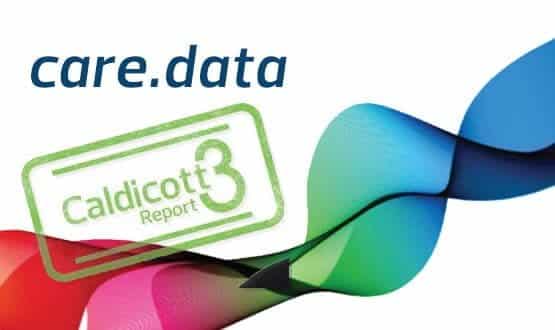GMC issues confidentiality guidance
- 29 September 2009
Fresh guidance on confidentiality has been published by the General Medical Council, with advice on topics including sharing confidential genetic information and disclosing identifiable patient data for Quality and Outcomes Framework checks.
The revised guidance, which comes into effect on 12 October, covers the principles of confidentiality that doctors are expected to follow and takes into account changes in the law and guidance from other sources in the four countries of the UK.
On sharing genetic information, the guidance says that when a patient is diagnosed with a disease such as a hereditary form of cancer, doctors can tell relatives about the potential risk their genetic link carries, even if the patient objects.
Dr Henrietta Campbell, former chief medical officer in Northern Ireland, who chaired the GMC’s working group of confidentiality, said confidentiality was an area of ethics which continued to challenge doctors more than any other.
She added: “This guidance makes clear that, in the first instance, doctors should explain to a patient if their family might be at risk of inheriting a condition.
"In those circumstances, most will readily share information about their health. However, if a person refuses, it is the responsibility of the doctor to protect those who may be at risk.”
On disclosure of records for financial or administrative purposes, such as QoF checks, the guidance says doctors have a duty to provide information in an anonymised or coded form if possible.
It says that if identifiable information is needed, doctors should, if practicable, seek the patient’s express consent before disclosing it.
It adds: “You must draw attention to any system that prevents you from following this guidance, and recommend change.
"Until changes are made you should make sure that information is readily available to patients explaining that their personal information may be disclosed for financial, administrative and similar purposes and what they can do if they object.”
The core guidance is accompanied by seven pieces of supplementary guidance which explains how the principles apply in a range of situations doctors often encounter or find hard to deal with.
These include reporting concerns about patients to the DVLA, reporting gunshot and knife wounds, and disclosing information about serious communicable diseases.




